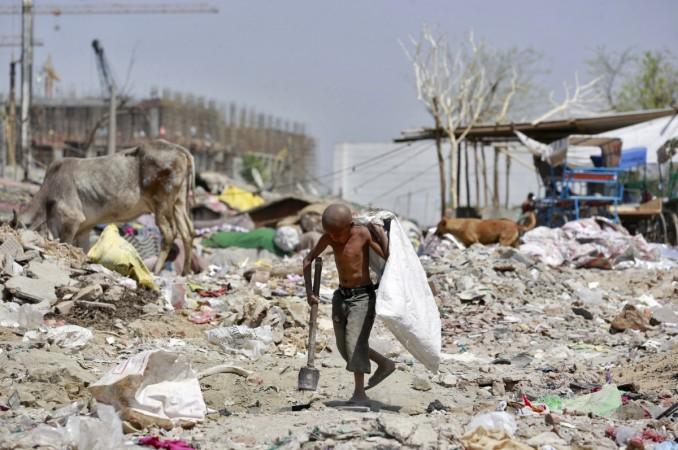
Prominent activists, civil rights groups including Unicef India, Bachpan Bachao Andolan and Right to Education (RTE) Forum are mounting serious attacks on the Central Government for passing the Child Labour (Prohibition and Regulation) Amendment Bill in Lok Sabha on Tuesday.
The most controversial portion of the Act, that was also attacked by members of the opposition party and BJP's own Parliamentarian, Varun Gandhi, allows children below 14 years of age to work in family businesses after school hours and during vacations.
The civil right activists, while refuting the hypothesis of the Government that suggests education and work for children is mutually synergetic, pointed out that it contradicts the principle of Right to Free and Compulsory Education. Victims of poverty would also be seriously disadvantaged by this Act.
"This (legislation), while ignoring recommendations of the Parliamentary Standing Committee on Labour and the Right of Children to Free and Compulsory Education Act, defeats the very purpose of protecting the children from exploitation," RTE Forum, the apex body of a large number of RTE campaign organizations, said in a statement that described July 26 as a "black day for millions of Indian children."
RTE Forum said the policy will deprive children of their rights which they have achieved after decades-long struggle, like Right to Education, equal opportunity for quality learning, play, protection and enjoyment of their childhood.
"This amendment will affect the retention rate of children in schools and increase drop outs of marginalized, especially girl children," Ambarish Rai, national convener of RTE Forum said, while adding that the bill is "a clear violation of existing Fundamental right to Education (Article 21A)."
Bachpan Bachao Andolan (BBA) founder and Nobel Peace prize winner Kailash Satyarthi took to twitter and tweeted his objections to the Bill and described the changes in the Bill as leading to "further victimisation of children into poverty."
"Under the new Child Labour Act, the more invisible forms of child labour and exploitation may go unseen and the most vulnerable and marginalised children may end up with irregular school attendance, lower levels of learning and therefore subsequent dropping out of school," Euphrates Gobina, UNICEF's Chief Education official in India said in a statement.
" Participation at secondary education level is still lagging behind, especially for the most vulnerable groups, owing partly to premature involvement of children in unsanctioned labour," she said. She also said child labour was highest among Scheduled Tribes (ST), at 6.7 percent, and Scheduled Castes (SC) at 3.9 percent as presented in the Census.
Related









!['Had denied Housefull franchise as they wanted me to wear a bikini': Tia Bajpai on turning down bold scripts [Exclusive]](https://data1.ibtimes.co.in/en/full/806605/had-denied-housefull-franchise-they-wanted-me-wear-bikini-tia-bajpai-turning-down-bold.png?w=220&h=138)



